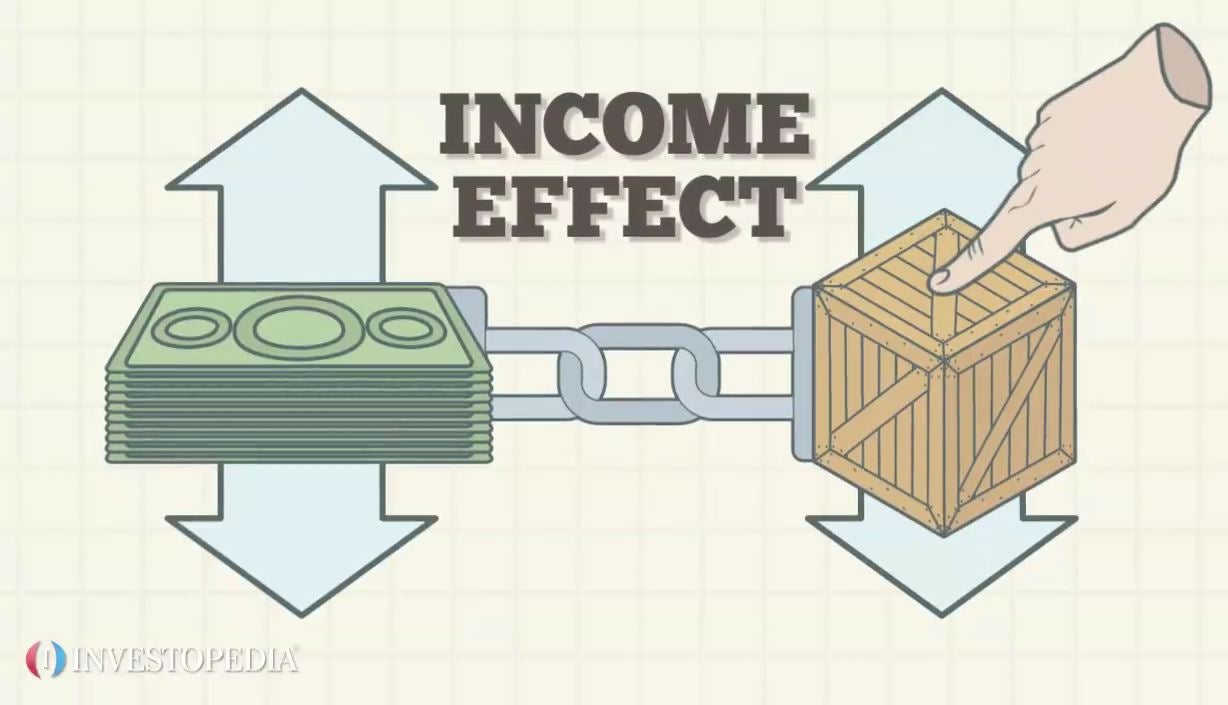Meditations and Learnings
Meditations and Learnings
Income Effect and Substitution Effect

The income effect describes the impact of increased purchasing power made on consumption.
The substitution effect describe the impact of changing relative income and prices on consumption.
Inferior goods generally decrease in consumption when incomes increase while normal goods see an increase in demand.
The income effect does not predict on what the consumers will spend more money, more expensive goods in lesser quantities or cheaper goods in higher quantities. Direct income effect is the impact of change in income level on outgoings while indirect income effect describes a change in buying choices not related to income (rent increase and less money for clothes for example).
The substitution effect can been seen if a consumer replaces their cheap car with an expensive car after a good return on an investment. It is also present when a slight decrease in price for the more expensive version of something results in consumers substituting the cheaper alternative. When companies outsource work they are using this same effect, opting for cheaper labour abroad for a drop in costs.